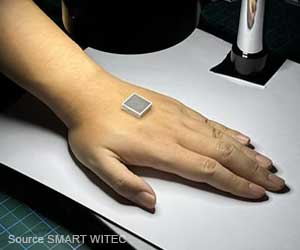Intestinal gases can be used to assess overall health; now swallow a pill that sends data from inside your gut to a cell phone to know more about your intestine.

The new technology from RMIT University and Monash University in Melbourne, Australia, measures the concentration of selected intestinal gases through a swallowable capsule that has a built-in gas sensor, microprocessor and wireless high-frequency transmitter.
Lead investigator, RMIT’s Professor Kourosh Kalantar-zadeh, said current non-invasive methods of measuring intestinal gas were unreliable. "Being able to accurately measure intestinal gases could accelerate our knowledge about how specific gut microorganisms contribute to gastrointestinal disorders and food intake efficiency, enabling the development of new diagnostic techniques and treatments,” he said.
He also said that these high-tech capsules could also help people work out precisely how particular foods affect their guts. "With nearly half of Australia’s population complaining of digestive problems in any 12 month period, this technology could be the simple tool we need to methodically tailor our diets to our individual bodies and improve our digestive health,” the professor added.
Source-Medindia
 MEDINDIA
MEDINDIA



 Email
Email






